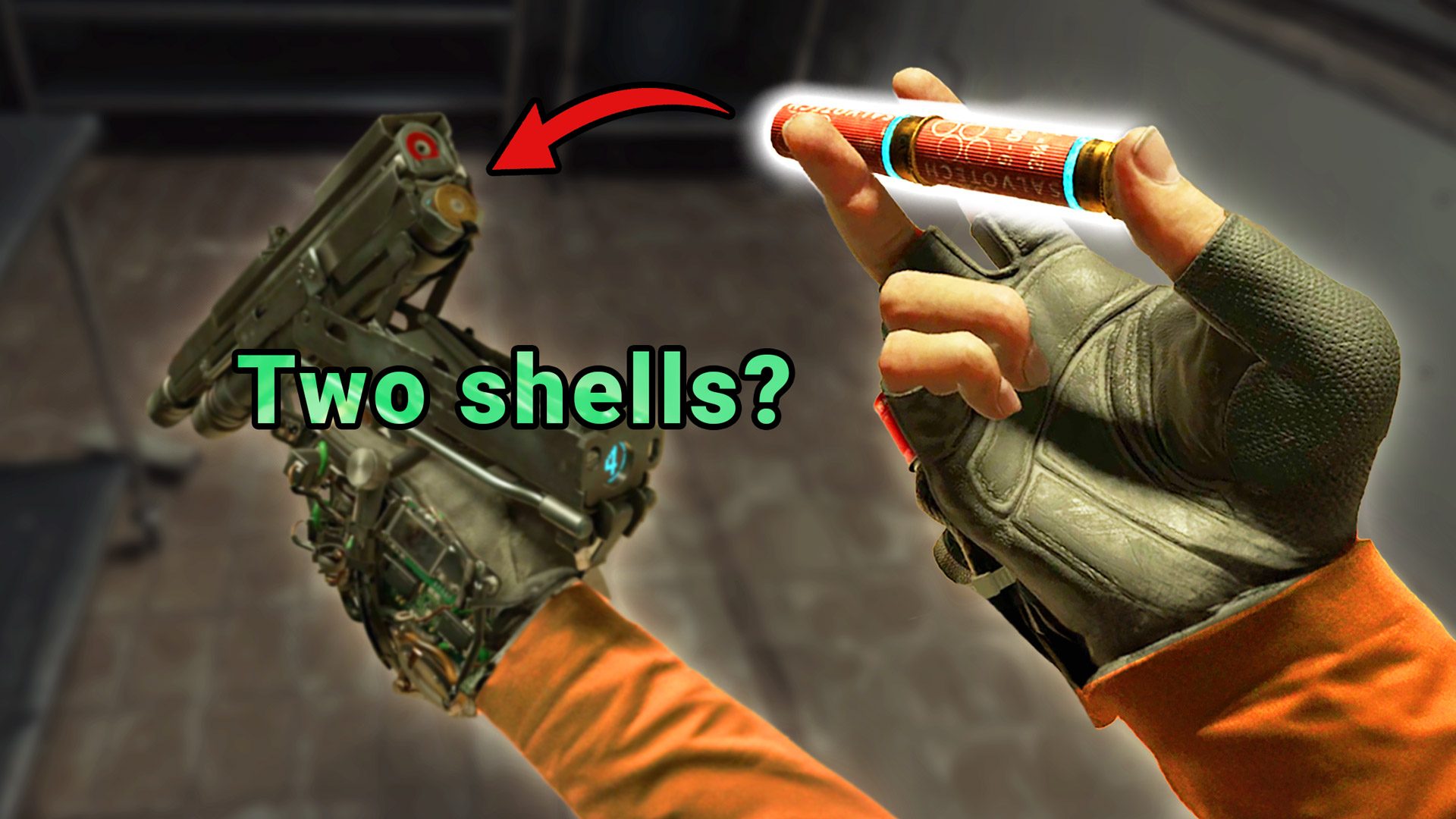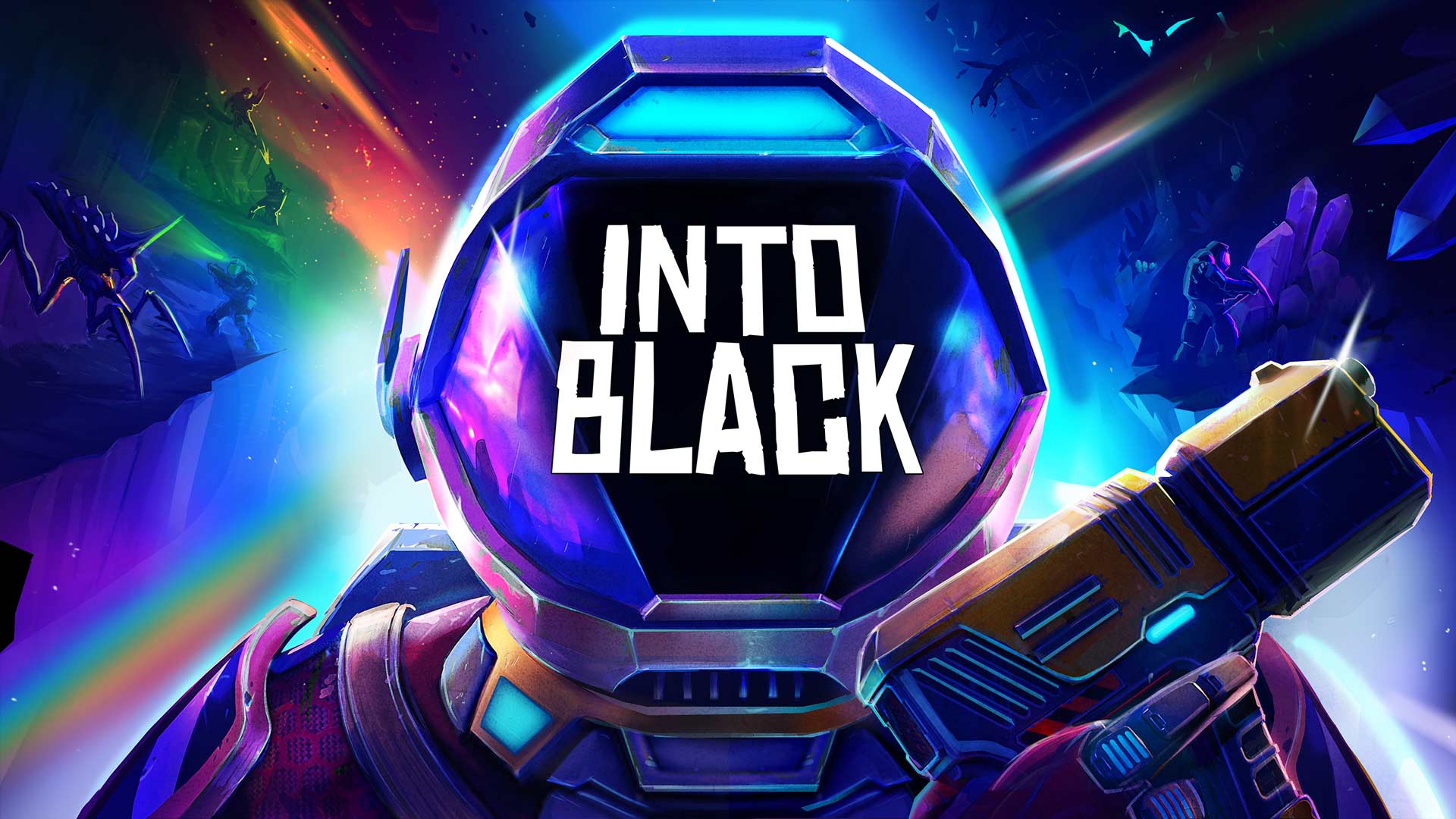About six months ago, Snap, famously known for Snapchat, launched the fifth generation of its Spectacles AR glasses. Now, they’re rolling out some fresh features to enhance AR experiences that are pinned to real-world locations.
When these Spectacles made their debut in September 2024, they were primarily aimed at developers. They only offer 45 minutes of battery life on their own, but Snap is one of the few companies still actively engaging with developers to create the kind of staple content that we might regularly use on consumer AR glasses in the future.
While we haven’t reached that everyday usability yet, Snap is allowing developers to start building Lenses—or apps—that integrate with GPS, GNSS, compass directions, and custom locations. This essentially means developers have the tools to create much richer outdoor AR experiences tied to real-world positions.
A few sample Lenses illustrate this integration, such as Utopia Labs’ NavigatAR, which leverages Snap Map Tiles for guidance, and Path Pioneer, which enables users to set up AR walking routes.
The geo-location data has also helped Niantic add a multiplayer feature to Peridot Beyond, an AR pet simulation exclusive to Spectacles. This new update also syncs with the mobile version of Peridot, so your progress within the AR experience transfers seamlessly to your smartphone.
Moreover, Snap is collaborating with Wabisabi to use its SnapML machine learning model in Doggo Quest, a gamified dog-walking app. This app lets you overlay fun digital effects on your dog while tracking metrics like routes and step counts.
Today’s update isn’t just about individual apps; it also includes enhancements to the platform itself. New features allow for easy addition of leaderboards to Lenses, an AR keyboard for hand-tracked text input, and improved capabilities for opening Lens links within messaging threads.
There are also improvements in hand-tracking with three new features: a phone detector that recognizes when users have a phone in hand, a new grab gesture, and better targeting to minimize typing errors.
In addition, Snap is launching the ‘Spectacles Community Challenges’ starting April 1st. This initiative lets teams win cash prizes by creating new Lenses or updating existing ones. The criteria for winning are based on how engaging, technically excellent, and high-quality the Lenses are judged to be. Snap plans to award over $20,000 monthly to the creators of the top five new Lenses, the top five updated ones, and the top open-source Lens.
This comes after Snap’s recent effort to expand Spectacles beyond just developers. Back in January, they announced a more affordable pricing plan for students and teachers, offering the fifth-gen device at $594 for a year without a subscription, followed by a $49.50 monthly charge afterward for continued use.
Snap’s Spectacles may still target developers predominantly, but these updates highlight their broader vision for AR’s mainstream adoption. They’ll eventually be squaring off against big names like Meta, Apple, and Google. Making AR glasses a part of everyday life rather than an exclusive gadget will require these enhanced geo-located experiences to truly gain traction.












































